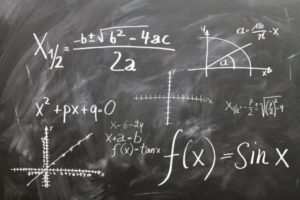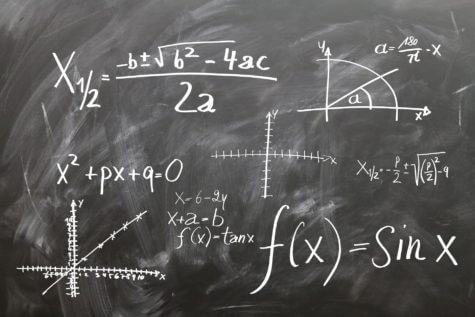KONSTANZ, Germany — Need a motivational boost? Attending an awards ceremony might do the trick.
A German study of college students finds that while public recognition can motivate students to perform at a higher level, it’s actually the ones who weren’t praised who wind up showing improvement in the future.

Researchers at the University of Konstanz examined 300 freshman undergraduates in the Netherlands, all of whom were taking microeconomics courses. Splitting the students into 20 groups of 15 individuals each, eight of these groups encountered public recognition for the top 30% of performers on the economic course’s first of two midterm exams.
Meanwhile, the remaining control groups provided no recognition to any set of students, regardless of achievement on the prior midterm exam.
What researchers found was while that none of the students in the control groups saw any subsequent difference in outcome, a segment of the students from the eight pre-selected groups who fell under the top 30% benchmark would end up performing better on the second midterm exam.
Namely, those who attended attended nearly every class and were within a close proximity of the top 30th percentile, were significantly more likely to get a higher grade on the final midterm.
Lead researcher Nick Zubanov expressed how he felt that this study aligns with an established social theory called performance norm.
“Human behaviour is influenced by the individual’s personal understanding of the norm. This applies for academia as well as business environments,” he explains in a release.
In other words, an individual who is praised is likely to stay complacent— although satisfied with their performance— while those who perceive themselves as having slightly underachieved are fueled to work harder.
The study is published in the December issue of the Journal of Behavioral and Experimental Economics.
